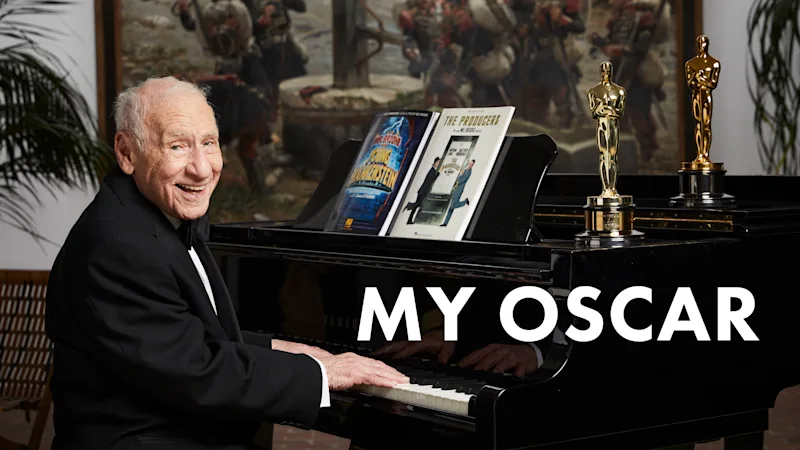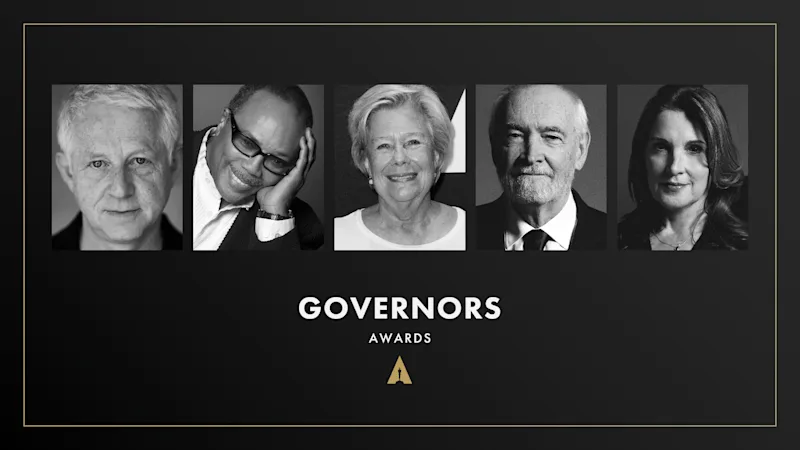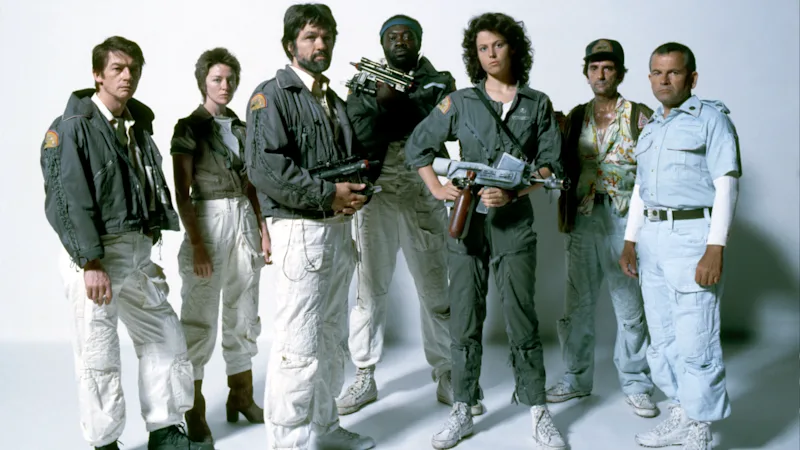Cinematographer Ari Wegner recently crossed paths with Meryl Streep at an awards season luncheon and found herself in conversation with the Oscar-winning actress and Wegner's The Power of the Dog director, Jane Campion. "I felt very embraced by the sisterhood in the moment," she says. She pauses, then adds with a laughs, "It was so surreal, someone like that kind of gushing about the film."
The Power of the Dog is set in the wide-open American West of 1925, and tells the story of charismatic but cruel rancher Phil Burbank (Benedict Cumberbatch) as he contends with the bounds of his imposed tyranny and repressed truths. The film has been widely lauded for its direction, its performances and its awe-inducing cinematography. Take Streep's praise, for one.
"She said some really lovely things about the faces and the mountains, how they were kind of like one – the landscape of the face and the landscape of the landscape," Wegner shares. "That was really great, because that's totally how I think of those two things. Shooting faces and shooting landscapes are kind of the same thing."
Cumberbatch, meanwhile, hails Wegner as a "masterful child of the light." In conversation with A.frame, he praises "how she established a visual language with Jane to excavate character, as well as hold those epic shots of landscape in one film. How she understood what a scene is about with the same depth and sensitivity as a director and an actor or a writer or producer. Ari's command of the script and story and character was equal to Jane's, thanks to their relationship and their collaboration."

A fellow Australasian, Wegner first worked with Campion while shooting a television ad in 2015. Three years had passed when Campion reached out again. She intended to make her first film in more than a decade, an adaptation of Thomas Savage's little-known 1967 novel, The Power Dog. Campion was still writing the screenplay, so Wegner read Savage's book in the meantime. "When you finish the book, you want to start it straight away again, to read it all again and see what you missed."
Wegner knew she needed to capture that same feeling in the movie's cinematography. Campion and her DP began their collaboration a full year before filming was set to commence, allowing them unrestricted time to discover the visual style of the movie together so that the shots would inform production design would inform costuming and so on to every level of the production.
"We both really love films that make you, as an audience, have to think, that are engaging because of the way the information is given," Wegner explains. "The film doesn't tell you specifically what to feel about something. You get to choose that. And then the continuation of that thought is, 'How can the camera aid in that?'"
Jane's worst insult or critique would be that something is 'feeble.' It had to be robust.
Wegner recalls affixing a sticky note to her script which read, "A strongly retrospective experience." On another note, she wrote, "Here's how you're supposed to feel," and then crossed out. Another still said, "Hands-off storytelling." There is no exact formula for translating those ideals into cinematography, but Wegner wagered that if she kept her photography objective – if she refrained from using her camera to tell the viewer how she should think or feel about the story and characters – that The Power of the Dog would be capable of withstanding multiple viewings.
"We really like a kind of visual minimalism, an elegance in how much could we pull out and the strength of simplicity and the confidence to not rely on like pretty kind of tricks," she says. "There's some things that can be very seductive that are easy in cinematography, but they're kind of cheap tricks. You know, out of focus pretty things in the foreground or backlit, flairy things that are really easy, but because they are so easy, they're a bit like junk food. They taste good, but there's no substance."
"Jane's worst insult or critique would be that something is 'feeble,'" Wegner grins. "That's the worst-case scenario, that something's feeble." Every shot, every acting choice, every prop on set had to be strong enough to earn its place in the film. "It had to be robust."


As such, every single frame in The Power of the Dog is considered, from the sweeping New Zealand vistas with their winding roads and endless plains (standing in for a bygone Montana) to a single fly landing on the twitching muscle of a horse to the subtle glances that say everything without a single word being spoke. Yet, Cumberbatch says Wegner did it all "effortlessly." Even higher praise in her estimation, he says, "She was invisible."
"I tried to have a very quiet presence on set," Wegner responds. "I do a lot of whispering into radios and discreet work, because I think the feeling in the room does ultimately shape the film. You're in a room with actors who are doing really, really delicate work, and with a director who's trying to almost forget that everyone else is here and be in the frame watching the movie. So, 'invisible' is a great compliment. I'm very happy with that."
In a beautiful contradiction, Cumberbatch also recalls Wegner being emotionally invested to the point that she was brought to tears behind her camera while filming Phil's final scene.
"You're really physically close to someone who's having a deeply emotional experience – even if they're acting, they're really feeling whatever they're feeling – you can't help but be moved by that," she says. "At the end of the day, you're two humans sitting on a bed, and one of them is feeling big things. And you are watching them so closely – you might be on a real macro lens on their eyes, on their mouth, on their hands – and you really feel the emotion of it."
At the 94th Oscars, The Power of the Dog is the year's most-nominated movie, with 12 total nominations including Best Achievement in Cinematography. Wegner is the second woman nominated in her field, following Mudbound's Rachel Morrison.
"It really feels like something you dream may one day happen, but it's a dream so outrageous that you almost couldn't even say it. It would be like saying, 'I want to go to the moon one day,' or 'I want to be a billionaire.' There isn't a clear path as to how a normal person would ever actually achieve that," she says. "Also, that the nominations come from within the craft is incredibly satisfying and validating, that my fellow cinematographers really see what we did and respect it."
RELATED CONTENT:
Ari Wegner: 5 Films That Inspired My Cinematography
For 'The Power of the Dog,' Benedict Cumberbatch Delved Deeper Into Himself Than Ever (Exclusive)
Jane Campion Makes Oscars History as First Woman to Receive Two Best Director Nominations
How ‘Nightmare Alley’ Cinematographer Dan Laustsen Paints With Light







